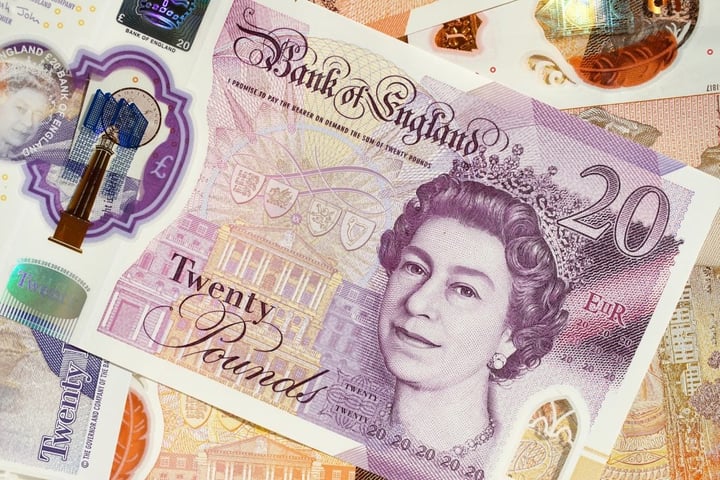As England heads into its second national lockdown, community investment and digital skills training provider We Are Digital is urging internet users to change their online passwords to protect themselves from fraud and theft.
“During the COVID-19 pandemic, more people than ever have taken to the internet to stay in touch with loved ones or buy essential goods,” comments Matt Adam, chief executive of We Are Digital. “As England moves towards its second national lockdown, we anticipate an even bigger rise in online activity.
“But users, especially those who have only recently started using the internet, should be acutely aware that there are hackers and scammers who will deliberately exploit their uncertainty of new technology to steal information – and in some cases, their money.”
According to Action Fraud data, some 16,352 people fell victim to online shopping and auction fraud during the UK’s first lockdown, while over 36% of British adults were a scam target (Citizens Advice).
“We want to make sure that consumers and SMEs, who are also under significant threat of fraud and theft, go into this uncertain period feeling safe and secure online,” Matt continues. “With more consumers converting to virtual payments, making sure your password is robust enough to protect you online should be a key priority. Your main email account must have a truly unique password to make it hack-proof. If someone manages to access this, they can often reset all your other passwords.”
Do:
- Incorporate a number or symbol (such as an asterisk) into your password. This makes it harder for hackers to break.
- Rather than using one word, try a sequence of three random words that mean something only to you. It’s easy to remember, but hard to guess!
- Why not try a password manager? This software is designed to store and manage passwords, as well as generating new ones, behind an encrypted and locked database which only the user can access
- Have different passwords for your most important accounts and sign-ins, including online banking and accounts you make payments from (such as PayPal and Amazon)
Don't:
- Make it easy for hackers by having simple passwords such as your dog's name or your favourite football team
- Use any of the most popular passwords of 2020. Ones to avoid, according to findings by cyber security researcher Ata Hakcil, include “123456”, “qwerty” and “password”
- Write your password down… especially not on a handy post-it next to your screen!
- Use the same password for different websites. If a company is hacked, the passwords accessed are often sold on to other hackers
We Are Digital is a social impact business that works with housing associations, as well as both local and central government, to deliver positive and practical solutions to the problem of social exclusion across the UK.
The training provider has helped thousands of people access essential online services during the pandemic through its training work with housing associations, banks and corporates.



